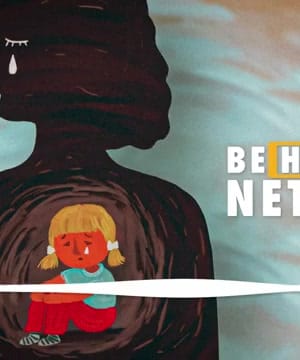Childhood issues
Sources:
Addressing childhood issues requires understanding the long-lasting impact of early experiences and interventions that can help mitigate these effects. Here are some insights from experts:
-
Impact of Early Experiences: Early childhood experiences, whether positive or negative, shape our ability to form relationships and interact with the world. Children who experience neglect or trauma often carry these wounds into adulthood, affecting their confidence and ability to connect with others. Recognizing these early wounds is crucial for healing and fostering healthier future generations 1.
-
Anxiety and Depression in Children: Anxiety is more common in children than depression, but both can manifest in ways similar to adults, such as irritability, poor concentration, and sleep issues. It’s important to differentiate between normal anxiety and anxiety disorders, which severely interfere with daily life 2.
-
Parental Influence and Bullying: Parenting styles and environments play significant roles in a child's development. Negative comments or comparisons can stay with children long after they leave the family home. Additionally, bullying, whether at school or later in life, can have long-lasting effects on self-confidence and willingness to take risks 3.
-
Adverse Childhood Experiences (ACEs): Traumatic events during childhood can lead to long-term developmental issues. The brain's mechanisms to determine environmental safety play a significant role in how these experiences shape future behavior and development. Creating a safe and supportive environment is essential for recovery and healthy development 4.
-
Screen Time and Play: Excessive screen time can disrupt essential childhood activities like play, which is vital for brain development. Encouraging children to engage in play and interact with their environment helps them build necessary cognitive and social skills 5.
Addressing and understanding these issues can significantly improve a child's mental health and developmental trajectory, ensuring a healthier and more balanced adult life.
RELATED QUESTIONS-


